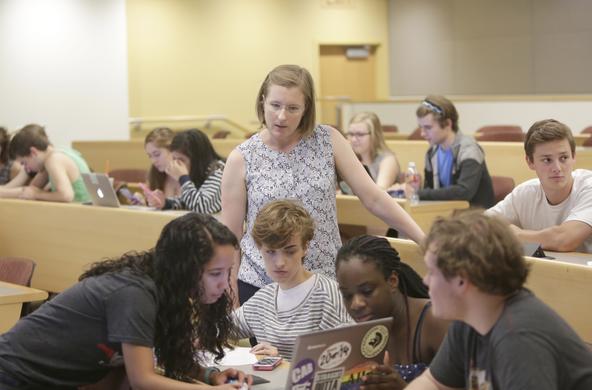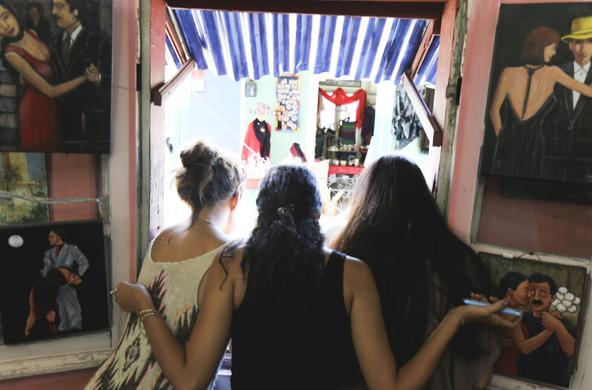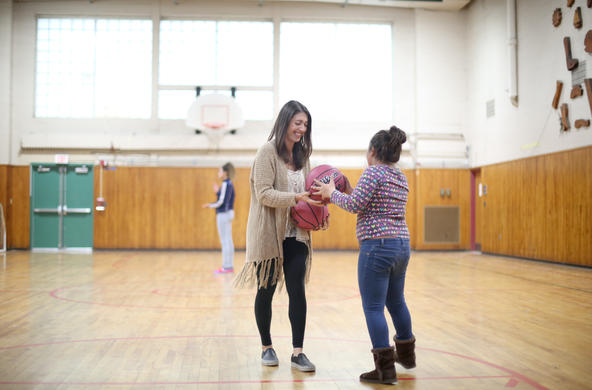The Latin American, Latinx, and Caribbean Studies program explores the diversity of Latin America’s peoples and cultures. Students choose from an array of courses from different departments and examine Latin American and Caribbean peoples and Latinx communities in the United States, as well as the common cultural and historical roots that connect them.
Latin American, Latinx, and Caribbean Studies is an interdisciplinary program. Students work intimately with faculty experts from the social sciences, the humanities, and the arts to analyze the changing political, social, economic and cultural realities of Latin America’s peoples.
Students develop an understanding of how processes and decisions in the United States affect Latin American countries and their populations, both within and beyond the region. The program provides opportunities for students to engage with relevant and urgent topics affecting the relations between the United States and Latin American countries, as well as institutions in the United States and its Latinx population. Among such topics are immigration, trade, security, nationalism, activism (on behalf of minorities, the environment, and human rights), and cultural identity.
The program enables students to become engaged global citizens, who are sensitive to cultural, social, economic, and political differences while competent to establish bridges among them.
Program Highlights
The Latin American, Latinx, and Caribbean Studies program includes courses that will help students to recognize, understand, and analyze:
- the diverse peoples, cultures, histories, politics, identities, languages, and religions of the region, including the United States.
- how racism, colonialism, imperialism, and globalization have shaped the histories, cultures, and experiences of Latin American, Latinx, and Caribbean peoples, either directly or indirectly.
- the influence of Latin America and the Caribbean on other areas of the world.
- how Latin American, Latinx and Caribbean identities and experiences shape and are shaped by contact and migration.

Connect learning in the classroom with civic engagement by taking part in Community-Based Learning.

Participate in a semester or yearlong study abroad experience in Latin America or Spain.

Engage and interact with the sizeable Hispanic and Latino population in the area through volunteer opportunities.
Latin American, Latinx, and Caribbean Studies News




